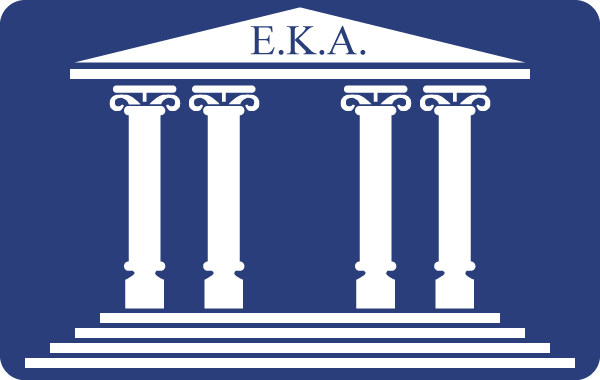Category: EGYPT
-
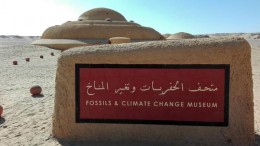
Egypt: fossils and climate change museum inaugurated
WADI EL HITAN (EGYPT) – The “Fossils and climate change museum” was inaugurated in the Egyptian desert and presented as the only one of its kind in the Middle East and probably anywhere the world. Financed by Italian Cooperation, it was built in the area of Wadi El Hitan, the ”valley of whales” that extends…
-
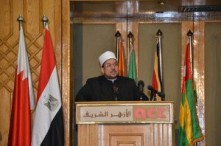
Minister of Endowment lauds Greek parliament’s recognition of Palestine
Egyptian Minister of Religious Endowments Mohamed Mokhtar Gomaa lauded Wednesday the Greek parliament’s recognition of the state of Palestine, describing it as a “positive move”. Gomaa called on nations to recognise Palestine and its right to establish an independent state based on the 1967 borders, according to a statement released by the ministry. Al-Azhar also…
-
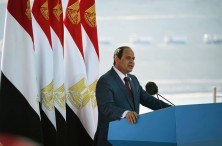
New Provincial Governor in Alexandria
Egypt’s President Abdel-Fattah El-Sisi appointed on Saturday 11 new provincial governors. The governors were appointed to the governorates of Alexandria, Suez, Gharbiya, Kafr El-Sheikh, Aswan, Port Said, Sharqiya, Minya, Giza, Qalyoubiya and Beni Suef. Below are brief descriptions of the appointees, five of whom are from police ranks, four from the Armed Forces and two are civil…
-
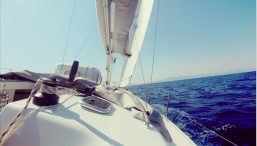
From Greece to Egypt on a Sailboat
By Tanya El Kashef In July 2015, I took part in a sailing voyage from Athens to Hurghada with the purpose of delivering four sailboats to Egypt. A daring journey for a group made up of mostly novices, it took nineteen days of sailing through six Greek islands, the wrath of Meltemi winds, long late…
